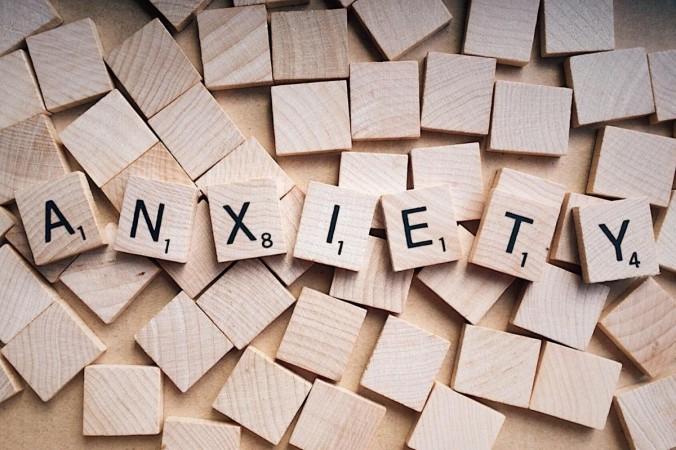Teenagers with disabilities are up to five times more likely than adolescents without disabilities to deal with mental, emotional, and behavioural health issues, according to researchers of the University of Illinois, Chicago.
However, existing care coordination schemes do not typically include mental health care or preventive mental health treatments. Now, researchers at UIC, with a grant of $7 million from the Patient-Centered Outcomes Research Institute, propose to assess whether integrated behavioral health care coordination, which includes a tailored mental health treatment component.
The researchers want to recruit 780 adolescents with intellectual and developmental impairments between the ages of 13 and 20.

Throughout the study's 24-month duration, their families and researchers will monitor their well-being and experiences with the health care system. Teens residing in urban and rural regions will be recruited, as well as individuals of all backgrounds and cultures.
While all patients will receive regular coordinated care from the state agency, half will receive the CHECK behavioural health component as well.
With competent help in all sectors, patients receive the best of both worlds, says CHECK executive director Michael Gerges. "The CHECK behavioural health approach goes one step further by actively addressing issues and strengthening the referral process."
Throughout the five-year study, researchers will assess teenagers' anxiety, sadness, health, habits, functioning, ability to effectively manage health care, and self-efficacy. The team will also evaluate how pleased, teenagers, parents, and doctors are with the integrated care process.
The researchers want to begin enrolling individuals in the autumn of 2022, pending clearance by the UIC Institutional Review Board.

Other studies
A research was conducted to examine the link between disability and depression in people with COPD, emphysema, or chronic bronchitis, as determined by a physician. Three yearly structured telephone interviews were used to collect data.
Findings indicate that each year, around 30% of individuals satisfied the depression criteria. Depending on the disability assessment, 8% to 19% had an increase in T1 to T2 impairment. Increased VLA impairment is a significant predictor of depression onset.
Another study published in the journal Research in Development Disabilities examined how kids with an intellectual disability (ID) and/or autism spectrum disorder (ASD) have considerably greater sleep difficulties, anxiety, and challenging behaviour (CB) than typically developing children (TD).
About 187 parents of children with ID and/or ASD answered questionnaires on sleep difficulties, anxiety, and CB. Between the three variables, significant positive correlations were discovered. These findings imply that these connections should be taken into account during clinical treatment, particularly when CB therapies are combined with sleep difficulties and/or anxiety.

















